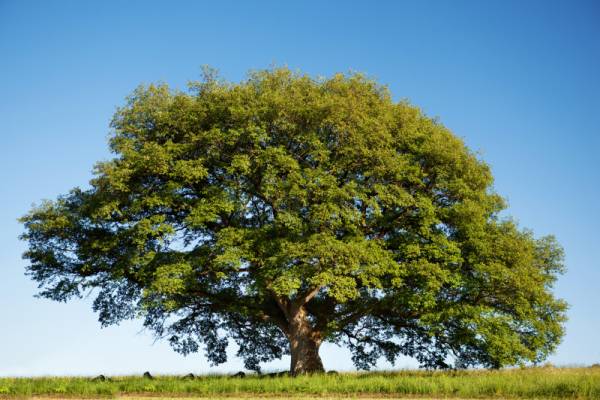Climate change has become part of our political and social consciousness. Companies are coming under increased pressure to disclose and reduce their carbon emissions. The road to becoming a net-zero economy poses them the major challenge of eliminating the production of greenhouse gases harmful to the environment and of improving their carbon footprint. They can achieve this by using climate-friendly products like JELUCEL®, JELUXYL® and JELUPLAST®.

JELU products help to reduce the carbon footprint
Image: © racorn – Depositphotos.com
Wood as a natural carbon storage facility
Our products are based on wood as a raw material. Wood captures the CO2 contained in the atmosphere and holds it for many years, thus acting as a natural carbon storage facility. A cubic metre of spruce wood stores roughly 900 kg of CO2. The storage function even extends to wood chip materials and cellulose, meaning that the use of our products can reduce the carbon footprint. The timber used by JELU is PEFC-certified and derives from sustainably managed forestry. Wood chips are the raw material for our JELUXYL® wood fibres and our WPC granulate JELUPLAST®. These are a secondary raw material derived from wood processing, meaning that no trees are felled to manufacture our wood fibres and WPC granulates.
Climate-friendly filter cellulose
A filter aid frequently used in the filtration of liquids is diatomite. This fossil raw material is obtained from opencast mining, which generates emissions, as does its transportation. JELUCEL® FM and HM, on the other hand, are renewable natural products that absorb and store CO2. Not only is production eco-friendly; disposal is also harmless for the environment, because our JELUCEL® filter cellulose is 100 % biodegradable. The filter cake is compostable and can therefore be disposed of in an environmentally friendly way.
Fillers and additives for the technical industry
JELUCEL® and JELUXYL® are employed in the technical industry as fillers and additives. They are added to floor coverings, for example, to improve the product attributes. They are also used in building chemicals. In mortar, renders, tile adhesives and a host of other applications, JELUCEL® and JELUXYL® improve the processing properties of the products.
Cutting CO2 emissions through WPC
JELUPLAST® is a composite produced from wood, plastic and additives, a so-called wood plastic composite (WPC). It is ideally suitable for floor tiles, decking, window profiles and coverings. WPC can replace plastic in many other areas also, however (see application examples). By using JELUPLAST® alone instead of plastic, fossil raw materials can be saved and CO2 emissions reduced. Using wood as a carbon storage facility improves the carbon footprint. If the plastic content of JELUPLAST® is replaced with recycled polypropylene, the carbon dioxide saving is even multiplied.
Improving the carbon footprint: advantages for companies
A growing number of consumers want to make a difference when it comes to climate change and are looking for sustainable, eco-friendly products. Climate change has thus become a factor in competition that companies must take advantage of. By manufacturing sustainable products, companies can burnish their image and attract environmentally aware customers.
Climate change also has an impact on financial and capital markets, with investment in environmentally oriented companies increasing. When it comes to approving credit, businesses that operate sustainably are rewarded with more favourable terms.
Competitive advantages at a glance
- Develop your image as a sustainable company
- Acquire a new customer segment
- Attract investment
- Secure more favourable credit terms
Carbon footprint of our products
Want to know more about the environmental footprint of JELUCEL®, JELUXYL® or JELUPLAST®? Send us an e-mail with the product name and we will be happy to send you more detailed information.
